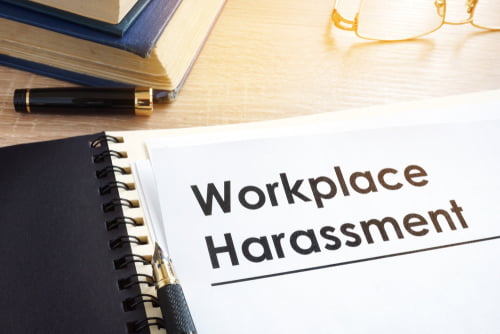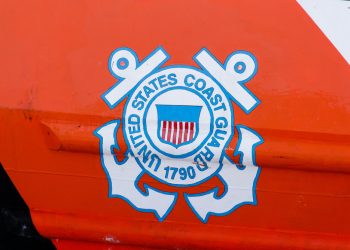The U.S. Department of Transportation and the Maritime Administration released new safety standards to govern the U.S. Merchant Marine Academy’s (USMMA) Sea Year, following a recent sexual abuse case while at sea.
As informed, the six State Maritime Academies have confirmed their support for these standards. In addition, new policies and procedures will be implemented at USMMA to support cadets while they are at sea.
To remind, USMMA’s Sea Year training program, which typically consists of a sailing period during a cadet’s sophomore year and a longer sailing period during a cadet’s junior year, was paused temporarily in early November to ensure the development and implementation of measures to help prevent sexual assault and sexual harassment (SASH), and foster a safer, more welcoming and inclusive culture.
Sea Year training enables cadets to obtain the training days at sea necessary to become eligible for a U.S. Coast Guard merchant officer license examination.
The plan we are launching today represents the collective commitment of DOT, MARAD, USMMA, and the six State Maritime Academies to strengthen safety for cadets aboard commercial vessels, and to support an inclusive culture that prioritizes preventing sexual assault and harassment and supporting survivors. The plan is an initial step, and all parties are committed to continuing to review this program frequently, and to make improvements whenever needed to ensure the safety and success of cadets.
…said Acting Maritime Administrator Lucinda Lessley.
Since the pause was announced, DOT, MARAD, and USMMA have conducted a detailed review of both the existing Sea Year requirements for commercial carriers as well as the policies and procedures in place at USMMA to support cadets while they are at sea.
DOT, MARAD, and USMMA have also sought recommendations from a wide range of stakeholders—including industry, labor, advocacy groups working to combat sexual assault and harassment, Congress, and Federal agencies, including the U.S. Coast Guard, as well as USMMA midshipmen and alumni—regarding actions to strengthen safety at sea for cadets.
Safety at sea requires teamwork both aboard vessels and between the vessel and shoreside management. Workplace climates which enable sexual offenses erode trust and teamwork and put mariners’ lives at risk. Sexual assault is a crime. When they happen aboard a U.S. vessel it must be reported to the Coast Guard. Coast Guard investigators will respond, and we will hold offenders accountable.
…Rear Admiral John Mauger, Coast Guard Assistant Commandant for Prevention Policy noted.
Namely, the EVERY MARINER BUILDS A RESPECTFUL CULTURE (EMBARC) program, administered by MARAD, which enumerates more than 30 new safety measures that commercial carriers will be required to meet before they can be enrolled in the EMBARC program and approved to carry cadets. The EMBARC program also sets forth a process and protocols for ensuring continuous review and improvement.
The following Core Tenets frame all aspects of the implementation of Sea Year at USMMA:
- Build and maintain a shipboard culture of inclusion and respect.
- Establish zero tolerance policies for SASH, harassment, and hostile work environment, zero tolerance for retaliation against anyone who reports assault or harassment, and proportionate responses to policy infractions.
- Eliminate the barriers that survivors, witnesses, and bystanders face in reporting SASH incidents.
- Support survivors, witnesses, and bystanders who report SASH incidents.
- Promptly address any report of behavior that is inconsistent with EMBARC Standards, using every available resource.
- Review all company and vessel policies and procedures to ensure such policies fully support a work environment in which assault, harassment, and retaliation against those who report assault or harassment—are not tolerated.
- Implement SASH best practices and commit to adopting updates when such practices are promulgated by MARAD.
- Incorporate SASH prevention, response, and reporting procedures into the Company and Vessel Safety Management Systems.
To help support a safe and supportive learning environment for every cadet during Sea Year and on the USMMA campus, DOT, MARAD, and USMMA will continue to review and revise policies and procedures to strengthen safety; support a culture of SASH prevention and appropriate response to any type of SASH-involved behavior, bullying, or hostile work environment; and support an inclusive culture—including by seeking guidance from outside experts.
We fully support the Sexual Assault and Sexual Harassment (SASH) Prevention Mandatory Minimum Standards articulated in the Every Mariner Builds a Respectful Culture (EMBARC standards) for U.S. flag Safety of Life at Sea (SOLAS) vessels engaged in international trade. We believe these standards will help ensure a safe and healthy work environment for our cadets onboard these vessels.
…RADM Bill Brennan, chairman of the Consortium of State Maritime Academies concluded.

































































